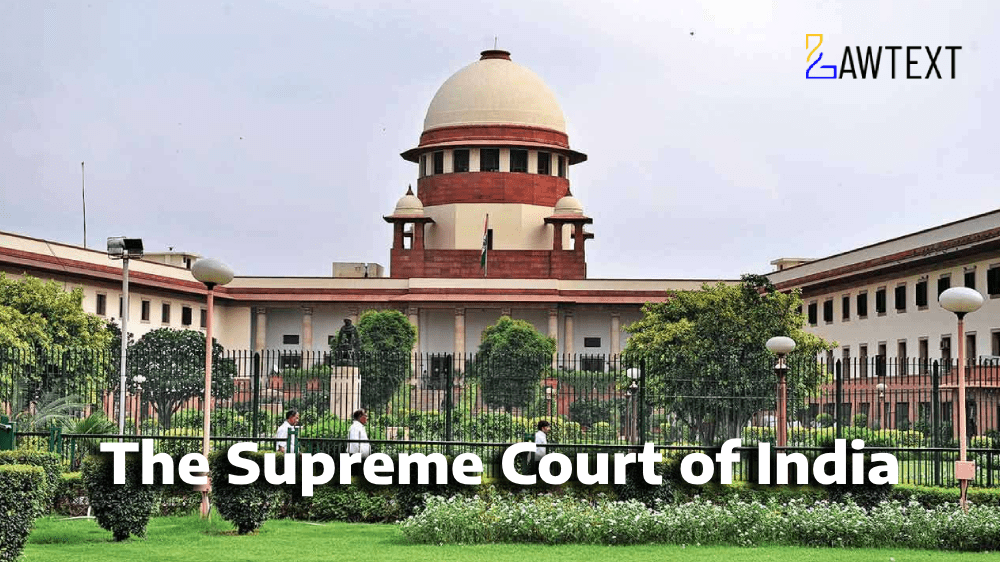Case Note & Summary
The appeal arose from the judgment of the Division Bench of the High Court of Madhya Pradesh, Gwalior, which upheld the appellant's conviction for the murder of Kaptan Singh and attempted murder of Indal Singh, under Sections 302 and 307 of the Indian Penal Code (IPC), respectively. The appellant was sentenced to life imprisonment for the murder and five years' rigorous imprisonment for the attempted murder.
Key Arguments:
The defense contended that the prosecution's case was fabricated and failed to explain the fatal injuries of two individuals from the appellant’s side. It was argued that the complainant's side, who were convicted in a cross case, were the aggressors, and the appellant acted in self-defense.Court’s Findings:
The Court rejected the defense's argument, stating the evidence of key witnesses was reliable and corroborated by medical evidence. The Court also held that the injuries sustained by the accused's side were adequately explained by the prosecution as an act of self-defense by the complainant party. The trial and High Courts found the prosecution witnesses credible, leading to the appellant’s conviction.Conclusion:The Supreme Court dismissed the appeal, affirming the conviction and sentence. The Court found no merit in the appellant's claims of self-defense and rejected the plea for acquittal.
Trial Court Conviction (November 9, 1998):
The appellant was convicted under Section 302 IPC for the murder of Kaptan Singh and sentenced to life imprisonment. Additionally, the appellant was convicted under Section 307 IPC for the attempted murder of Indal Singh and sentenced to five years’ rigorous imprisonment. The appellant was acquitted of the murder of Kalyan Singh due to unreliable eyewitness testimony.High Court’s Judgment (July 27, 2007):
The High Court upheld the appellant's conviction and sentence while rejecting the defense's plea of self-defense.Defense Claims:
The appellant argued that the prosecution’s case was false and fabricated. It was claimed that the injuries sustained by the accused's side were not explained, and the complainant's side was the aggressor, making self-defense applicable.Supreme Court’s Analysis:
The Court rejected these arguments, relying on the testimony of eyewitnesses and the corroborating medical evidence. The Court also noted that the prosecution adequately explained the injuries sustained by the appellant's side as a result of self-defense by the complainant party.Final Ruling:
The appeal was dismissed, and the conviction and sentence were upheld. Acts and Sections Discussed: Indian Penal Code, 1860: Section 302 – Punishment for Murder Section 307 – Attempt to Murder Ratio Decidendi:The conviction of the appellant was based on the reliable and corroborated testimony of eyewitnesses and medical evidence. The defense's claims of self-defense and fabrication of the prosecution's case were rejected as the Court found that the prosecution had sufficiently explained the injuries sustained by the accused's side and established that the appellant's side was the aggressor.
Subjects:Criminal Law, Murder, Attempt to Murder, Self-defense, Indian Penal Code (IPC)
Criminal Appeal, Murder, Indian Penal Code, Section 302, Section 307, Self-defense, Eyewitness Testimony, Supreme Court, Conviction
Issue of Consideration: RAMVIR @ SAKET SINGH VERSUS THE STATE OF MADHYA PRADESH
Premium Content
The Issue of Consideration is only available to subscribed members.
Subscribe Now to access critical case issues






